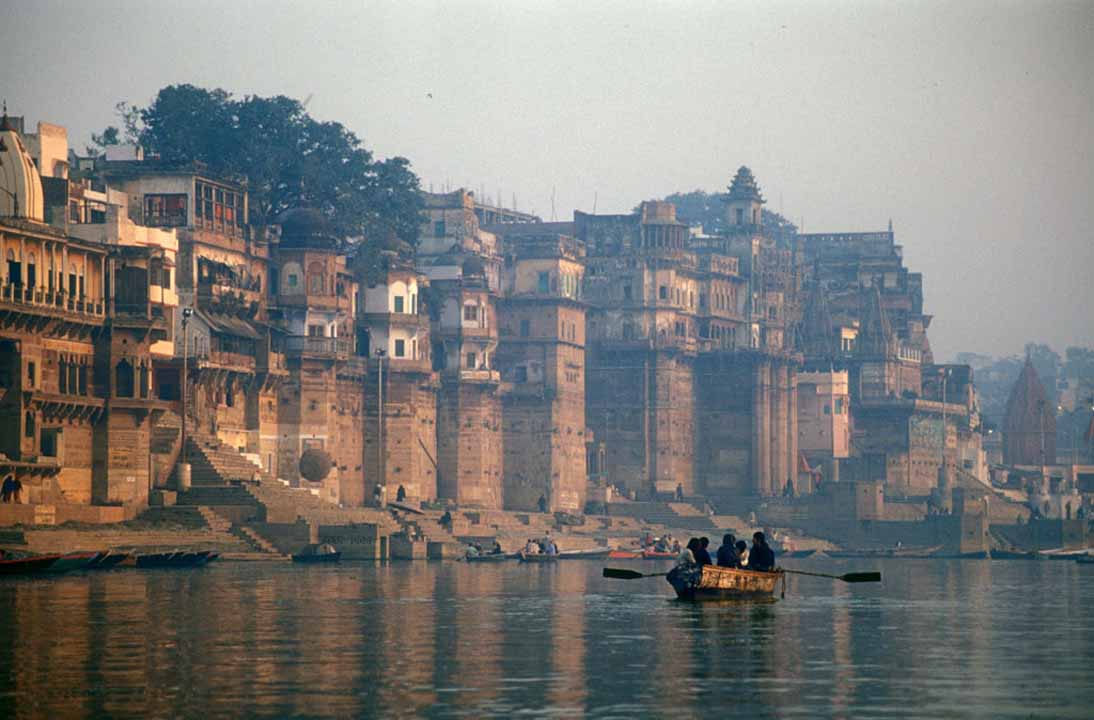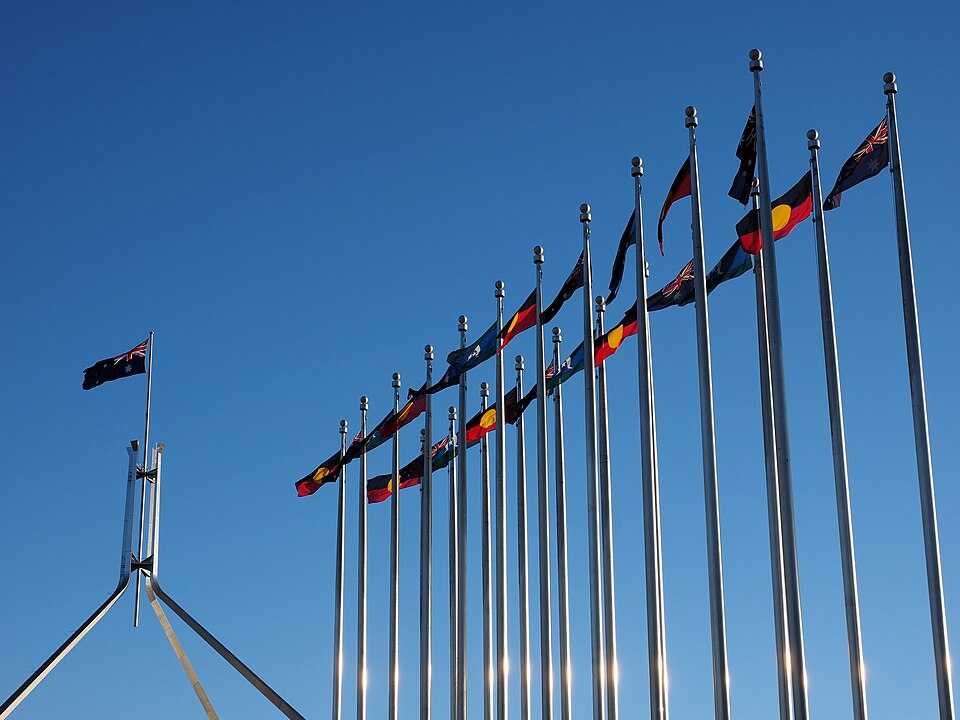The Popular Movement for the Liberation of Angola has remained in power for nearly 50 years. The recent election suggests that this may soon change.
Although the August 2022 general election in Angola did not bring about political change, it did spark optimism about the prospect for future political competition. The fact that the Popular Movement for the Liberation of Angola (MPLA) has held power for 47 years and still controls politics seemingly contradicts this view. Freedom House, an organisation that ranks freedom in the world, confirms that. The point here, however, is what one can learn from the election results about the future of electoral politics in Angola.
Many analyses of the 24 August 2022 election have focused on the economic and social challenges that await the Joao Lourenco government during its second term, and how during the government’s first term (2017-2022) significant progress was not made toward key economic promises. These included diversifying the economy away from oil, creating less dependence on imports of basic products, and addressing issues such as high unemployment and inflation, poor social services and infrastructure, housing, corruption, food scarcity, and poverty. Challenges by the Union for Total Independence of Angola (UNITA) and other parties on irregularities in the electoral process were also of immense interest.
Rivalry between MPLA and UNITA for Political Control and the Consequences
Angola’s economic and electoral issues are political issues, and dealing with them should not rest solely on one political party. The MPLA has been in power since 1975, when it succeeded in its military campaign against the UNITA after the Portuguese colonialists were militarily forced from the country. The MPLA then consolidated state power and control over political processes by making it difficult to be dislodged. The ongoing rivalry between Jonas Savimbi, former leader of UNITA, and President Jose Eduardo Dos Santos, leader of the MPLA, reignited when the 1992 election was disputed. Savimbi withdrew from the contest when he saw himself losing and ordered his followers back to the bush to resume fighting the MPLA government. The MPLA then moved to curb dissent, freedom of speech, the press, and whatever it perceived to threaten its control over the government. Meanwhile, UNITA promoted itself as fighting against a communist regime that was aided by Russia in order to receive arms from the United States. This was successful until 1993, when the US recognized Angola’s independence and established diplomatic relations with the MPLA government following its decision to sign a peace agreement with UNITA and end the war. Savimbi instead moved to Northern Angola, where he and his men mined diamonds to finance the war effort. In the process, he engaged in atrocities of unimaginable proportions.
The war took a different turn when government troops ambushed and killed Savimbi in 2002. His death paved the way for a ceasefire and negotiations between the government and UNITA that eventually brought peace to Angola and opened the way for normal political activities to resume. For 16 years, the MPLA government had refused to hold elections for security reasons, so the parliament elected in 1992 saw its mandate extended into the next century. The first general election in the new political atmosphere took place in 2008. By then, much of Angola’s farmlands and social and economic infrastructure, including roads, schools, and health facilities, had been destroyed by the war. The war also created economic hardship, as much of the country’s earnings from its oil sales were channeled to the war effort.
Moving the country toward democratic governance was a challenge. Security issues were on the top of the list for the newly elected government, but so were economic issues associated with a generation of Angolans that had known only war, had spent their time fighting, and as a result had not acquired the skills that would enable them to sustain themselves in a productive way in post-war Angola. The demobilisation of UNITA fighters and their reintegration into society posed a key challenge to maintaining the peace agreement. The MPLA government also knew it had to deliver war dividends to its own followers in the form of jobs and social services. Years of war also meant the absence of credible functioning electoral institutions to marshal the country forward toward democracy. Competing political visions on democratic governance and disagreements over the nature of the constitution and electoral laws were equally exhausting and delayed elections for six more years after the end of the war in 2002.
The 2008 parliamentary election was a much-anticipated election. Angolans saw the election as the path to ensuring a return to peace and made that happen by showing up to vote. The voter turnout was 87 percent, and women made up a significant portion of those elected. Even Isaias Samakuva, the UNITA leader, agreed with the general sentiment of war weariness. As he challenged the results of the election, he committed his party to the democratic process and indicated that his party was not returning to armed struggle. When the results came out, the MPLA won with an overwhelming majority of 82 percent following its campaign to continue building on its record of peace. UNITA challenged the election results on grounds of organisational problems such as the shortage of ballot papers in Luanda and Cabinda, irregularities during the voting, unfair advantages in allocating campaign funding, and media advantages. Despite these complaints, election observers from the European Union, Southern Africa Development Community, European Parliament, and African Union considered the election to have been free from undue influence.
Looking Forward
The 2022 elections were the most competitive of the four elections since 2008. The election revealed that a competing vision for Angolan politics – that of UNITA – has prospects for mounting a credible challenge to the MPLA. This would push Angola in the direction of a two-party system. Although UNITA secured 90 of the seats in the Parliament to MPLA’s 124, that is a significant improvement compared to 2017, when the MPLA won 150 seats against UNITA’s 51. The 2012 and 2008 elections saw even wider margins.
As Angolans look to the future, they will want two things from their political leaders. They will be looking for the government to pursue policies that would provide jobs and basic social services such as healthcare, education, clean drinking water, and affordable housing. This will require an economic strategy focused on manufactured products and self-sufficiency in most basic goods. Curbing malinvestment and corruption are also important, and opening the country to foreign investments, especially in the manufacturing sector, are things that the Lourenco administration in its partnership with the World Bank are committed to already.
Second, as the government pursues its economic agenda, it must also stick with and expand democratic norms and procedures. This includes a credible and responsible opposition, and media and civil society groups that hold the government accountable. UNITA’s gains in the 2022 election provides the basis for such credibility. Whether it will succeed as the main opposition party will depend on how much democratic norms and procedures govern Lourenco’s second administration and how responsibly UNITA uses these norms and procedures to hold the government accountable without getting into unnecessary squabbles.
In short, while the Lourenco government embarks on governing, the UNITA opposition should try to use every opportunity to build the party. This should involve avoiding internal splits, as well as convincing Angolans that it can be trusted to govern. If it succeeds, Angolans may just give UNITA the opportunity during the next election.
Dr Moses Tesi is a professor with the Department of Political Science, Middle Tennessee State University
This article is published under a Creative Commons License and can be republished with attribution.



